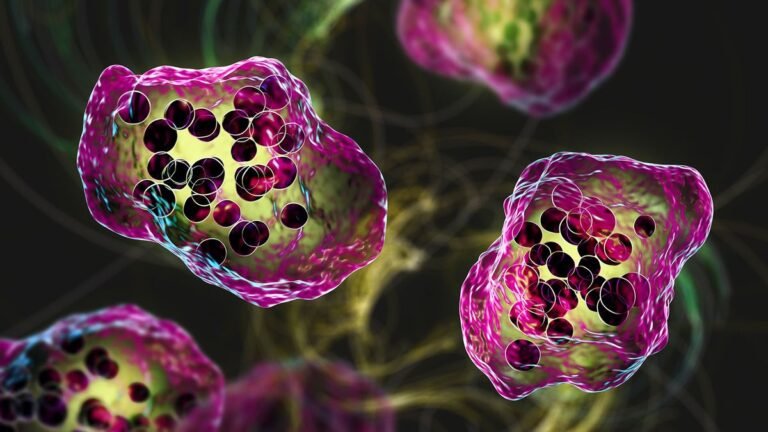Can Organ Transplants Transfer Memories? Terrifying Study Exposes the Truth!
Imagine a horror film where transplant patients start experiencing memories, emotions, and personality changes after receiving a new organ. This chilling premise is grounded in a real phenomenon that scientists have been investigating. In recent years, numerous organ transplant patients have reported unusual shifts in their behavior, sparking a curious debate about whether these changes are linked to the organ they received.
1. What Is Happening After Organ Transplants?
Several transplant recipients, particularly those who have received heart transplants, claim to experience not just physical changes, but mental and emotional ones as well. These patients report feeling as though they’ve inherited the memories, hobbies, and even fears of their organ donors. For instance, some have developed new likes or dislikes, including a sudden fondness for activities they never enjoyed before their surgeries.

2. The Heart’s Mysterious Connection to the Brain
Researchers have found that heart transplants, in particular, are often associated with the most striking changes in personality and behavior. They suggest that the heart’s neural network, which shares similar cells and neurons with the brain, may play a role in transferring memories or emotions. This theory challenges conventional views of memory, identity, and how the brain and heart interact.

3. Strange Cases That Defy Explanation
In one haunting case, a nine-year-old boy who received the heart of a three-year-old girl who drowned suddenly developed a fear of water, despite having no prior experience with it. Similarly, a professor who received a heart from a police officer shot in the face described intense sensations of heat and a flash of light, leading him to believe he was experiencing the officer’s final moments.
4. More Than Just Coincidence?
While some researchers believe these cases could be coincidences, others argue that the changes could stem from psychological responses to major surgery and recovery. McGill University scientists, for example, argue that these reports may be due to the patient’s expectations or emotional responses during the transplant process, rather than any biological connection between the donor and recipient.

5. Examples of Personality and Preference Shifts
There are several reported cases where patients have developed new hobbies or preferences post-transplant. A woman who received the heart of a young, health-conscious dancer suddenly craved fast food, specifically Kentucky Fried Chicken nuggets—something she’d never eaten before. Another case involved a woman who became a vegetarian after receiving a heart from a 19-year-old who was a strict vegetarian.

6. A Call for More Research
Despite the intriguing reports, researchers emphasize the need for more studies to understand whether these changes are truly linked to the organ transplant or if they are simply a result of psychological factors. Further interdisciplinary research is essential to unravel the complex relationship between organ transplantation, memory, and personality, offering valuable insights into human identity.
7. The Future of Organ Transplants and Memory Transfer
As scientists continue to explore the mysteries of organ transplants, we may be on the verge of uncovering profound truths about how our memories and identities are formed. The possibility that one person’s experiences could be transferred to another through an organ is a mind-boggling concept, leaving many to wonder about the future of human consciousness and the science behind organ transplantation.
This phenomenon is a stark reminder of how much we still have to learn about the human body, consciousness, and the profound impact that organ donation has on both recipients and their families.







